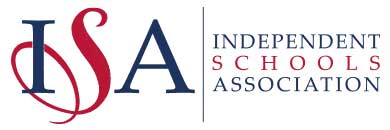Science
We follow the National Curriculum.
In Key Stages 1 and 2 there is a two year rolling programme which enables children to progress confidently with the same teacher, whilst meeting the objectives over two years.
Key Stage 1
Year 1: Ourselves, Sorting & Using Materials, Light & Dark, Using Electricity, Pushes & Pulls, Forces & Movements.
Year 2: Sound & Hearing, Health & Growth, Plants & Animals in Local Environment, Growing Plants, Variation, Growing & Changing Materials
Key Stage 2 Years 3 & 4
Year 1: Light, Rocks, States of Matter, Plants, Electricity, Teeth and Digestive System
Year 2: Skeletons and Nutrition, Living Things and Their Habitats, Magnetism, Cells, Sound, Scientists and Inventors
Key Stage 2 Years 5 &6:
Year 1: Interdependence & Adaption, Micro-organisms, More About Dissolving, Keeping Healthy, Life Cycles, Gases Around Us.
Year 2: Changing State, Reversible & Irreversible Changes, Earth, Sun & Moon, Forces in Action, Changing Sounds, How We See Things.
Science in Senior School
Students in the senior school are taught Science by Mrs Patria and follow the National Curriculum. Learning is supported by practical work and students are encouraged to develop independent learning skills. Students in years 7 and 8 will study science at key stage 3 level. This will prepare them for their GCSEs which they will commence half way through year 9. Each pupil has their own text book. A range of resources are available to learners for homework and extension activities.
Key Stage 3
KS3 Science at Pattisons is aimed at motivating and inspiring young and active minds. Students will link their practical experience with scientific ideas and real-life situations with a strong emphasis on ‘Working Scientifically’. Students follow the ‘ActiveLearn Exploring Science course’ for the updated 2014 curriculum in Year 7, 8 and half way through year 9 before commencing OCR 21st century GCSE course. The Schemes of Work are designed to fully prepare and support every student on their journey through KS3 to KS4.
During KS3 students are encouraged to develop their skills in the following areas;
* Using investigative approaches
* Working critically with evidence
* Understanding the applications & implications of science
* Thinking scientifically
* Communicating & collaborating in science
| Biology | Chemistry | Physics |
| 7A Life processes | 7E Mixtures and separation | 7I Energy |
| 7B Sexual reproduction in animals | 7F Acids and alkalis | 7J Current electricity |
| 7C Muscles and bones | 7G The particle model | 7K Forces |
| 7D Ecosystems | 7H Atoms, elements and molecules | 7L Sound |
| Biology | Chemistry | Physics |
| 8A Food and Nutrition | 8E Combustion | 8I Fluids |
| 8B Plants and their reproduction | 8F The periodic table | 8J Light |
| 8C Breathing and respiration | 8G Metals and their uses | 8K Energy transfers |
| 8D Unicellular organisms | 8H Rocks | 8L Earth and space |
| Biology | Chemistry | Physics |
| 9A Genetics and evolution | 9E Making materials | 9I Forces and motion |
| 9B Plant growth | 9F Reactivity | 9J Force fields and electromagnets |
| 9C Biology revision and projects | 9G Chemistry revision and projects | 9K Physics revision and projects |
| 9D Transition and start GCSE half way through year 9 | 9H Transition and start GCSE half way through year 9 | 9L Transition and start GCSE half way through year 9 |
In accordance with the National Curriculum, pupils are expected to make progress in four attainment targets:
- How Science Works
- Organisms, their behaviour and the environment
- Materials, their properties and the earth
- Energy, forces and space
KS3 Assessment
Throughout the years, Students will complete a range of ‘APP tasks’. These are skills based assessments focusing on the main skill areas of science, including modelling, investigating, analysing and evaluating. Students will also be completing end of topic tests regularly that will assess them on all the Science knowledge they have covered.
Key Stage 4
At Pattison the students study GCSE (9-1) Twenty First Century Science Suite this will enable students to understand how science works in everyday life.
The course provides opportunities to link science to real life and develops understanding of scientific concepts, by enhancing students’ ability to plan and carry out practical investigations and their understanding of the role of experimental work.
There are 18 topics to cover in Biology, Chemistry and Physics along with an extra 6 areas covering ‘Ideas in Science’ and ‘Practical techniques’ over the two years.
KS4 Assessment
The course is assessed with four examination papers for GCSE Combined Science each 1 hour 45 minutes. The four papers consist of Biology (worth 26.4% of GCSE), Chemistry (worth 26.4% of GCSE), Physics (worth 26.4% of GCSE) covering all the chapters in those specialisms; the fourth paper, the combined Science paper (worth 20.8% of GCSE) will assess content across all the chapters in the course including practical skills. The papers will contain short-answer questions, structured questions, and questions requiring an extended written response.
What We Study in Year 10 / 11
| Biology | Chemistry | Physics |
| B1: You and your genes | C1: Air and water | P1: Radiation and waves |
| B2: Keeping healthy | C2: Chemical patterns | P2: Sustainable energy |
| B3: Living together – food and ecosystems | C3: Chemicals of the natural environment | P3: Electric circuits |
| B4: Using food and controlling growth | C4: Material choices | P4: Explaining motion |
| Biology | Chemistry | Physics |
| B5: The human body – staying alive | C5: Chemical analysis | P5: Radioactive materials |
| B6: Life on Earth – past, present and future | C6: Making useful chemicals | P6: Matter – models and explanations |
| B7: Ideas about science | C7: Ideas about science | P7: Ideas about Science |
| B8: Practical techniques | C8: Practical techniques | P8: Practical techniques |
All students have the opportunity to perform practical science investigations, as part of the new science course, completing different investigations that belong to different ‘practical activity groups’ known as PAGs. Some of these include investigations such as; Tests for oxygen, hydrogen and carbon dioxide, measuring length of plant cells viewed under a microscope, measuring angles in refraction of light and reflection and conducting microbiological tests using aseptic technique. The investigations that are conducted throughout the course will be used to help with preparation for the fourth combined science exam where pupils will be expected to apply their knowledge of investigative skills gained from all three sciences; Biology chemistry and physics.
Students will have the opportunity to carry out activities individually in pairs and in groups. Activities include poster work, note taking and answering questions, presentations, producing spider diagrams and story boards.
At both Key Stages pupils take part in many science based activities outside school. e.g Big Bang Fair at NEC, Newcomen Steam Conference at Black Country Museum. We also have visiting specialists e.g Warwick University’s Flash Bangs
| Years 7 & 8: | 3 x 70 minutes per week. |
| Year 9: | 3 x 70 & 1 x 35 minutes per week |
| Year 10: | 4 x 70 minutes per week |
| Year 11: | 3 x 70 & 2 x 35 minutes per week |





